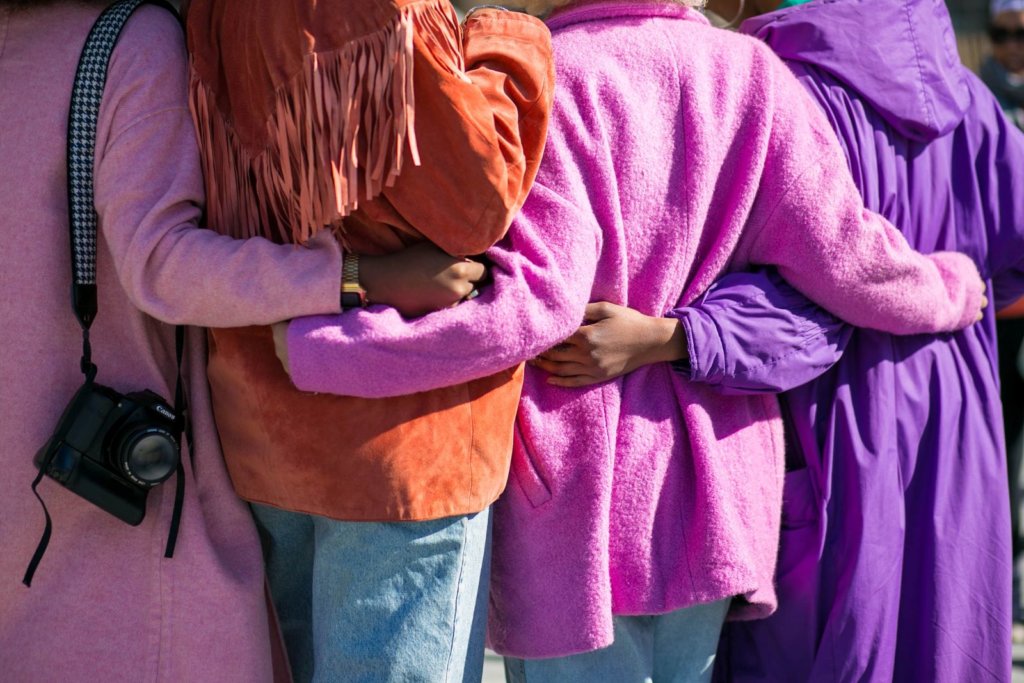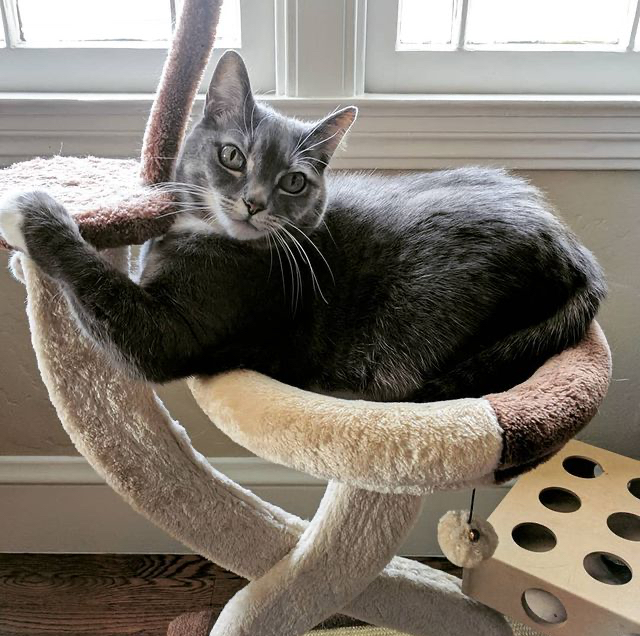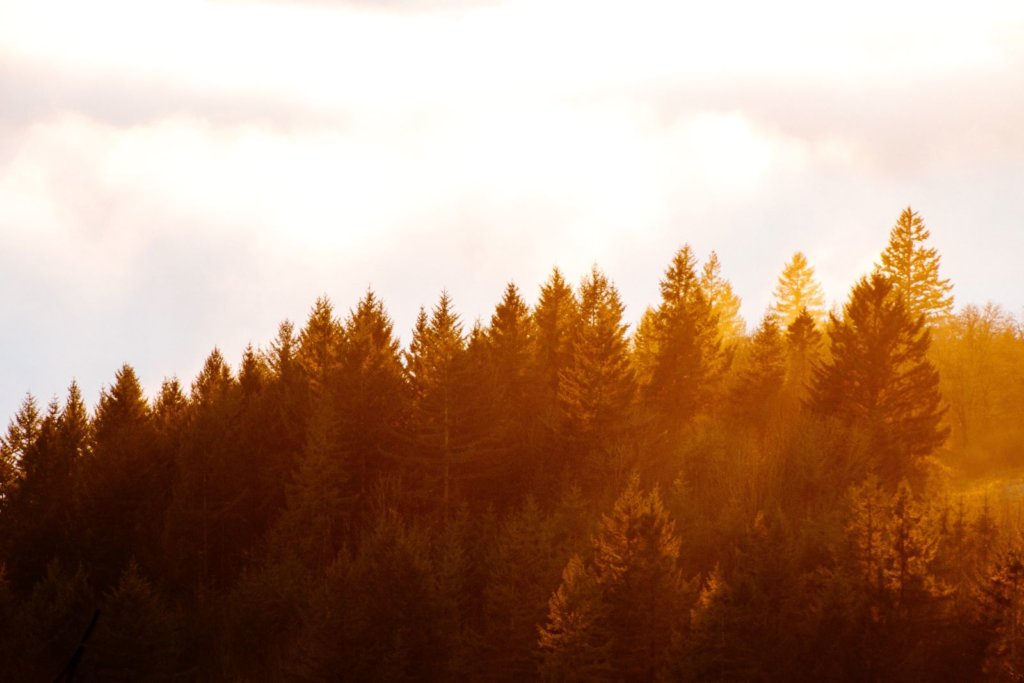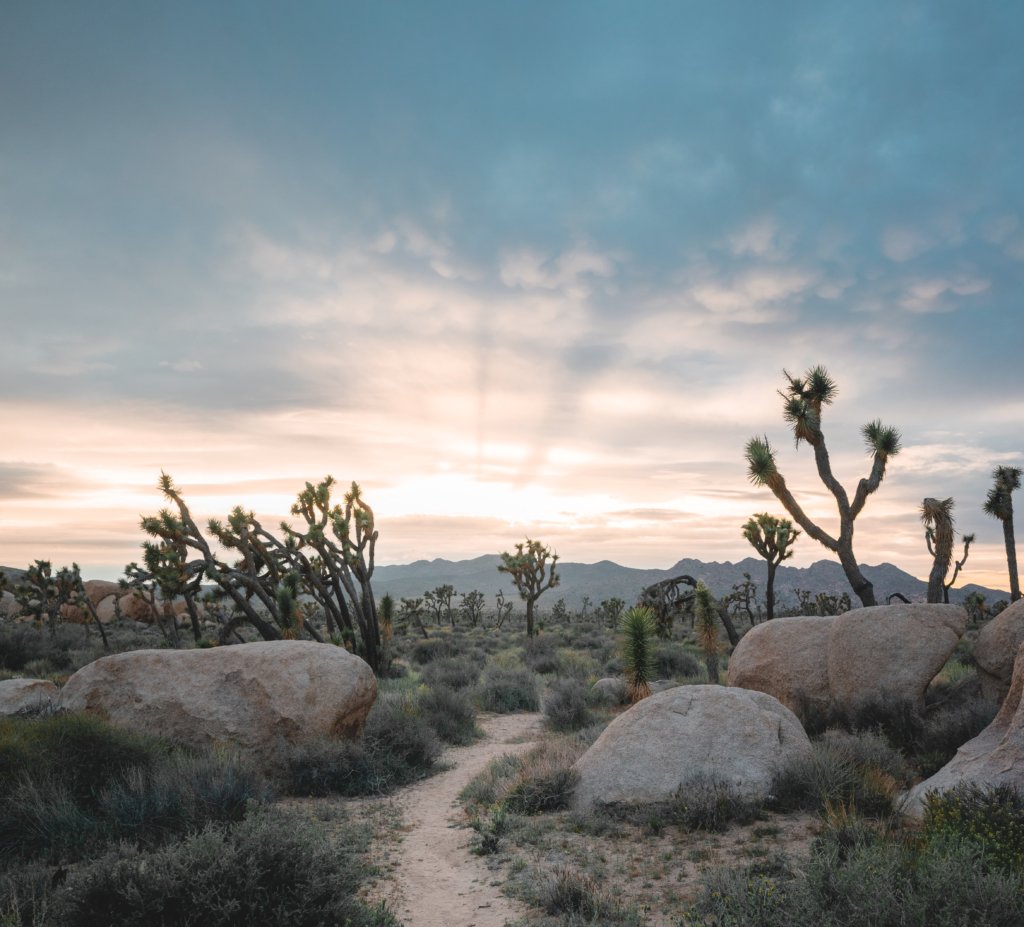Can we take a moment and acknowledge how hard it is to be alive? And in particular to be alive right now? I keep thinking about this New York Times article detailing how in the retail world, adults are acting like children because they are unable to cope with the stress of life. Grown men are screaming because the grocery store is out of the cheese they want. Women are becoming inconsolable because their packages are delayed. In the U.S., and likely other parts of the world, we are not doing well, emotionally speaking.
Many of us don’t know how to handle our feelings and instead turn to something external to cope. For instance, at the start of the pandemic, Forbes posted an article about how people are consuming more alcohol, smoking weed, playing video games, eating a lot of junk food, binge-watching Netflix and adult films more than ever before. But that trend hasn’t stopped. More recently in September 2021, USA Today shared that nearly 1 in 5 Americans are heavily drinking. Heavy drinking is defined as four or more drinks per day for women and five or more drinks per day for men, twice in a single week.
When life feels hard, give us something to feel better. And I get it, I really do. I’m an addict in recovery. I know all about turning to something external to feel better because I did it for years. But does repressing or suppressing emotion work? Ever? For anyone? Or instead are people turning into small children because they’re no longer able to be instantly gratified?
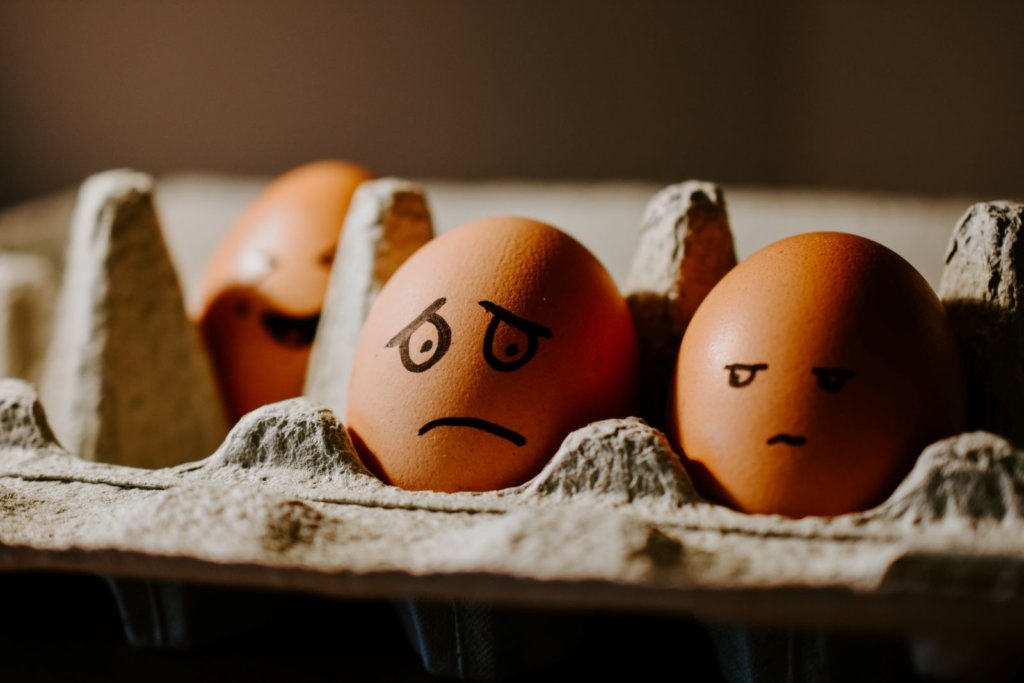
These eggs! So expressive. Photo by Hello I’m Nik on Unsplash
Emotions are meant to be felt. They are a form of energy in our bodies that must be moved, must be expressed. When there’s a loss, the best thing to do is to cry, not get drunk. Tears literally make you feel better because they release the chemicals oxytocin and endorphins. If you’re angry, don’t scream at a grocery store clerk, express it in a safe way by yelling at an empty cup that represents the person who crossed a boundary, or writing a letter you never send, or whatever. Taking out your anger on someone as collateral damage is not OK.
We’ve forgotten how to feel our feelings in this culture because we have so many quick fixes at our disposal. But this pandemic is doing away with those quick fixes, at least some of them. Are we crying about that? Are we weeping for our losses, not only deaths, but the loss of certainty, connection, freedom, normalcy, and more? I know for some people it’s hard to cry or it may not feel safe to cry. If that’s you, you’re not alone. I highly recommend checking out the Westfeldt Institute for Emotional Hygiene because this is what they specialize in – emotional regulation. You can also listen to season one of the podcast “The Healing Feeling Shit Show.”
Feeling your feelings not only helps you, but it helps others. The world needs more adults. We’re witnessing what happens when inner children are at the helm and it’s not pretty. Being an adult is not only about making money, it’s also knowing what to do when you feel scared, angry, or sad. I have zero interest in being screamed at because I looked at someone funny and I have zero interest in retail clerks consoling a customer because the shop ran out of dish soap. Can we not? Can we instead feel our feelings? It’s not always easy but it’s worth it.
I dream of a world where we practice emotional regulation in healthy ways. A world where we feel our feelings as they arise. A world where we take care of ourselves and each other by acting like adults when life gets challenging. A world where we know what to do when we have a feeling.
Another world is not only possible, it’s probable.
As I continue to grapple with the death of a friend and beloved member of my community who died from COVID-19 due to not being vaccinated, I keep thinking about a twist on an Al-Anon phrase: “Give people the dignity of their choices.” As you know, there is nothing more controversial, more hot-button, more likely to cause a debate than COVID-19 vaccines in the age of this pandemic. I’m not telling you anything new. You’ve likely witnessed this debate or had it yourself.
Each camp – the vaccinated and unvaccinated – staunchly argues their case. Each camp cites information, tries to convince the other, justifies their own choices, but I’m not sure how much good it’s doing. My friend that died knew the facts. He knew more unvaccinated people than vaccinated are dying of COVID, are filling hospital beds, and yet he chose to “trust his immune system.” He decided to gamble that he would be fine if he contracted COVID-19. He wasn’t fine and yeah, I’ve been angry about it, sad about it, but ultimately, it wasn’t my choice. It wasn’t my decision to make. Me? I chose differently. But here’s what Al-Anon taught me: There comes a point where we all have to recognize we can’t force people to do something they don’t want to do.
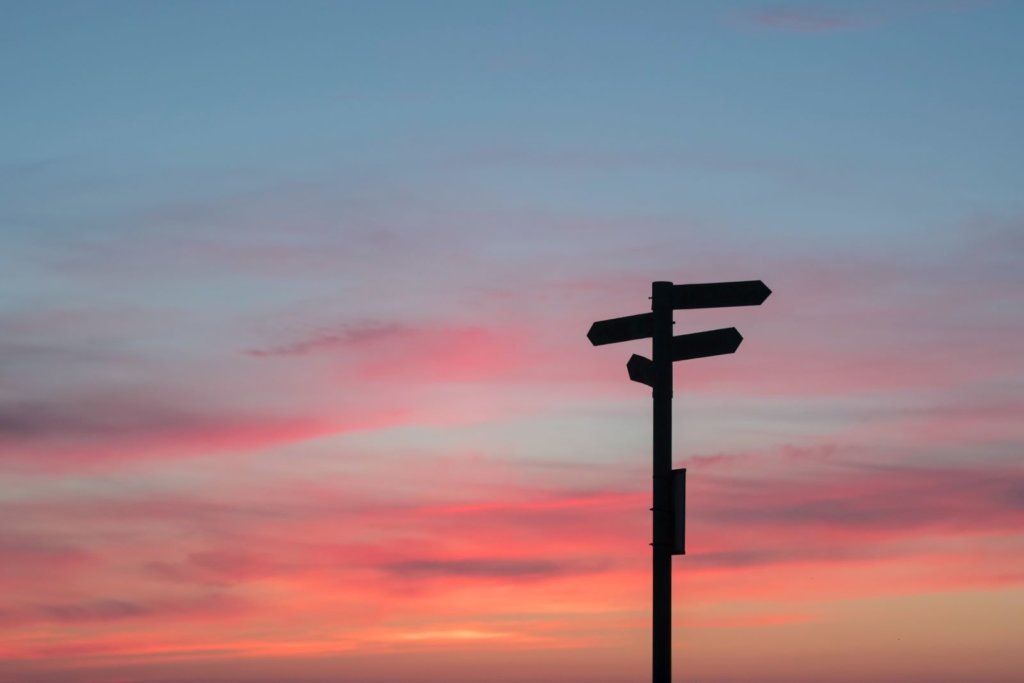
Let people make their choices. Photo by Javier Allegue Barros on Unsplash
In the world of Al-Anon, which is a program for friends and family members of addicts, they learn there is no secret formula that convinces an addict to stop using. They know it doesn’t matter how many tears, how much literature, how much pleading they do with the addict in their life, they can’t force the addict to quit. They are not in control of the addict’s choices. Granted, they don’t have to stand by and watch the addict head to an early grave either, but there’s a point where they understand what it means to be powerless.
Powerlessness over other people seems like something we’re all learning right now. Is forcing people to get vaccinated helping? Or instead, are healthcare workers quitting over vaccine mandates? What exactly are vaccine mandates accomplishing? In the U.S., it’s helping a little, but it’s also sparking lawsuits and public outcry. It seems to me some people feel oppressed because their choices are not being honored.
Do I wish everyone who is able to get vaccinated does so? Of course I do. But at this point I’m recognizing not everyone will because they haven’t. And instead of shouting at them until I’m blue in the face, I’m taking a page from Al-Anon and letting people have the dignity of their choices. It’s hard, it’s heartbreaking, it feels like graduate-level spiritual work, but these are the times we’re living in.
Ultimately, I want to feel peace and if I’m hopped up on righteous indignation, there ain’t no peace to be had. What brings me peace is recognizing I’m doing what I need to do to protect myself – I’ve been boosted, I’m wearing a mask, social distancing, etc. – but the only person I can take care of is me. Instead of saying, “I’m right and you’re wrong,” how can we create space for everyone to have the dignity of their choices? Because truly, that’s the reality of the world we live in.
As for me, when I allow my friend the dignity of his choice, instead of being filled with resentment over his death, I think of him fondly. I remember his bright smile, the love he had for his son, and his willingness to pitch in wherever he could. And that’s what I’d much rather focus on.
I dream of a world where we support people in making informed choices while also recognizing we aren’t in control of those choices. A world where we make space for disagreement. A world where we let people have the dignity of their choices even if we wouldn’t make them ourselves.
Another world is not only possible, it’s probable.
I feel vulnerable right now, sensitive. In part it’s because rain has come to the Bay Area (along with a flood warning) and I have seasonal affective disorder. However, I feel vulnerable and sensitive right now also because I’m in a weird liminal space. An in-between space. The pandemic is raging on, but many people have returned to life as normal, or something like it. They’re going out to eat, they’re hanging out with friends indoors, they’re going to parties, they’ve returned to the office, or will soon. Life looks pretty much like it did before the pandemic except for wearing a mask certain places and perhaps flashing a vaccination card here and there.
For me though, there’s not really a normal to return to, at least when it comes to certain things, like community. The community I had pre-pandemic has been decimated. Not because anyone died, but rather because so many people have moved away. Not everyone — I still have local friends — but enough to be noticeable. The things I did in community — meditating as a group or attending a 12-step meeting — take place solely online now. And it’s possible they’ll stay that way. I can’t say for sure, but it doesn’t really matter because in the moment, what I want doesn’t exist: in-person community.
I have lots of online community (Zoom calls out the wahzoo), but the kind where I can bump elbows with someone? Where I can see more than their head and shoulders? Nope. As the world opens up and people are getting together again, they’re reaching out to friends and community members. I’m noticing that’s not an option for me. I have numerous individual friends, but they aren’t friends with each other. They don’t know or hang out with each other and have no reason to unless I corral them together. Frankly, I miss that — people united around a common interest and developing comradery because of it.
My spiritual teacher says, “You should have more and more contact with people, contact with whom will be helpful in your development.” And elsewhere he says, “Even a good person or a sádhaka [spiritual aspirant] needs proper maintenance, for in a world of constant change, care must be taken that the change be always toward the better or the higher. Keeping good company is essential for this positive development.”
Good company is crucial and there’s something to be said for the kind that you can touch. I have a need for presence that is very much not getting met. I don’t write this to seek solutions. I’m writing it to express myself and also put into words something other people are likely feeling. Somebody out there must be going through what I’m going through. If so, you’re not alone. I’m over here too, wishing for the same thing.
I dream of a world where we each have a strong, in-person community, or even more than one! A world where we spend time together in large groups because we recognize how important it is. A world where we understand good company is crucial for our mental health. A world where we understand we aren’t alone and we connect with people who are like us.
Another world is not only possible, it’s probable.
I keep thinking about an essay I read in the book All I Really Need to Know I Learned in Kindergarten by Robert Fulghum. He writes about how he lived at the dead end of a dead-end street, two blocks long, at the bottom of a hill in north Seattle. At the top of the hill, two big yellow and black signs declared: STREET ENDS. And at the end of the street where Fulghum resided, another big sign with stripes and reflectors stated the obvious: DEAD END.
You could see that “DEAD END” sign a long way off – in other words, the dead end didn’t sneak up on you. However, what’s so remarkable is people drove down the street anyway and seemed to be baffled when the street did, in fact, end.
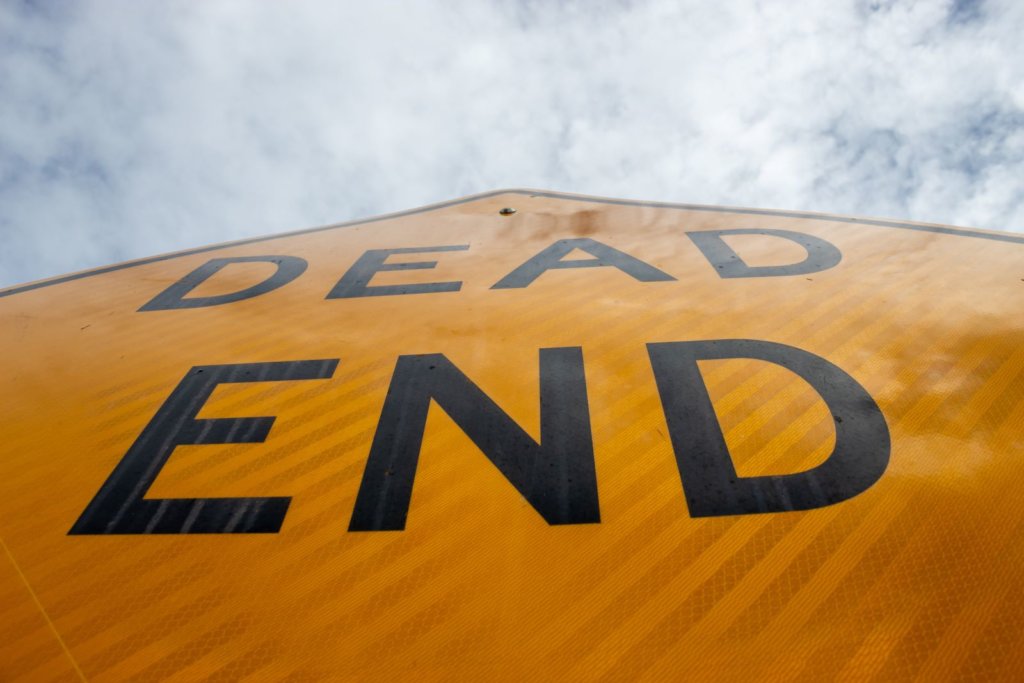
These signs are pretty obvious . . . if we accept them. Photo by Gabriel Soto on Unsplash
Fulghum writes:
“Not just part way, mind you. Not just to where the reality of the situation cleared up. No, sir. They drove all the way down, right up to the sign, the big black one with stripes, the one that said DEAD END.
“And they read that sign two or three times. As if they were foreigners and had to translate the English. They looked on either side of the sign to see if there was a way around it. Sometimes they sat there for two or three minutes adjusting their minds …. There was no pattern. All kinds of vehicles, all kinds of people, broad daylight and pitch dark. Even a police car a couple of times. And once a fire truck.
“Innate skepticism or innate stupidity? I confess I do not know. A psychiatrist friend tells me it’s a sample of an unconscious need to deny – that everyone wants the road or The Way to continue on instead of ending. So you drive as far as you can, even when you can clearly read the sign. You want to think you are exempt, that it doesn’t apply to you. But it does.”
His last two lines especially strike me. We want to think we are exempt, that whatever we’re confronting – a dead-end street, a deadly virus, whatever – doesn’t apply to us. But it does. I’d wager the majority of us want to feel special. We want to be right, to know the truth, and even when there’s evidence demonstrating we’re wrong, we can’t accept it. Why is that? I think one reason is U.S. culture doesn’t have many examples of people saying, “I don’t know.”
Instead of saying, “I don’t know,” we make something up, we pretend to know. We try to save face versus practicing humility and admitting, “I don’t know,” or even, “Maybe I’m wrong.” Who says maybe I’m wrong these days?!? I can’t remember the last time I heard in a public space someone open to the possibility they don’t know everything. It’s as if due to the internet and having so much knowledge at our fingertips we’re loathe to say, “I don’t know” or “I could be wrong.”
Also wrapped up in “I don’t know” is fear, in my opinion. My spiritual teacher says, “Humans do not fear to tread a known path, but they always hesitate and fear to travel unknown paths.” Sometimes those unknown paths are intellectual ones. It’s far easier to cling to a thought or belief you learned early on and is corroborated by friends and family than to change your mind and believe something new. I, for one, value bravery and I want other people to be brave too. I want us all to say “I don’t know” and “Maybe I’m wrong” when that’s the truth for us. And also, to pay attention to evidence when it stares at us in the face. We’d all be better for it.
I dream of a world where we recognize we aren’t exempt. A world where we understand if there’s a road sign that says “DEAD END,” that the street ends. A world we understand if we think we know something other people don’t, we’re likely deluding ourselves. A world where we’re OK with some uncertainty and we embrace the power of saying, “I don’t know” and “Maybe I’m wrong.”
Another world is not only possible, it’s probable.
Right now, Jews all over the world (myself included) are celebrating Passover. If you don’t know what Passover is or would like a refresher, it’s the story of Moses, the burning bush, and the 10 commandments. What continues to be most relevant in my opinion is how Moses commanded the Egyptian Pharaoh of the time to let the enslaved Jews go free, and the Pharaoh refused. As retribution, God delivered 10 plagues. (If you want to read the whole story, you can do so here.) If I had to summarize the story of Passover, it’s about escaping plagues and seeking freedom.
In Hebrew, the word for Egypt is Mitzrayim, which also means narrow spaces. Last year as we were in the early stages of COVID-19 and quarantine, Passover was especially symbolic. I think we all felt in an embodied way what it means to be in a narrow space either physically or emotionally.
This year society is in a different place and as such the holiday is resonating in a different way for me. Collectively, we’re still in the tight, narrow space, the metaphorical Egypt, but there’s also light at the end of the tunnel. We’re almost out of that place. And that’s what this holiday reminds us – that deep, dark, painful things happen to us in life, sometimes personally and sometimes collectively, but also there’s relief when those things are no longer there. That relief is what’s snagging my attention. Vaccines are rolling out and in my own state, everyone older than 16 will be eligible for vaccination by April 15th. I know there’s still time before it’s safe to breathe the same air as strangers without a mask, but still. We’re about to experience liberation and freedom in a way we have not since COVID-19 hit.
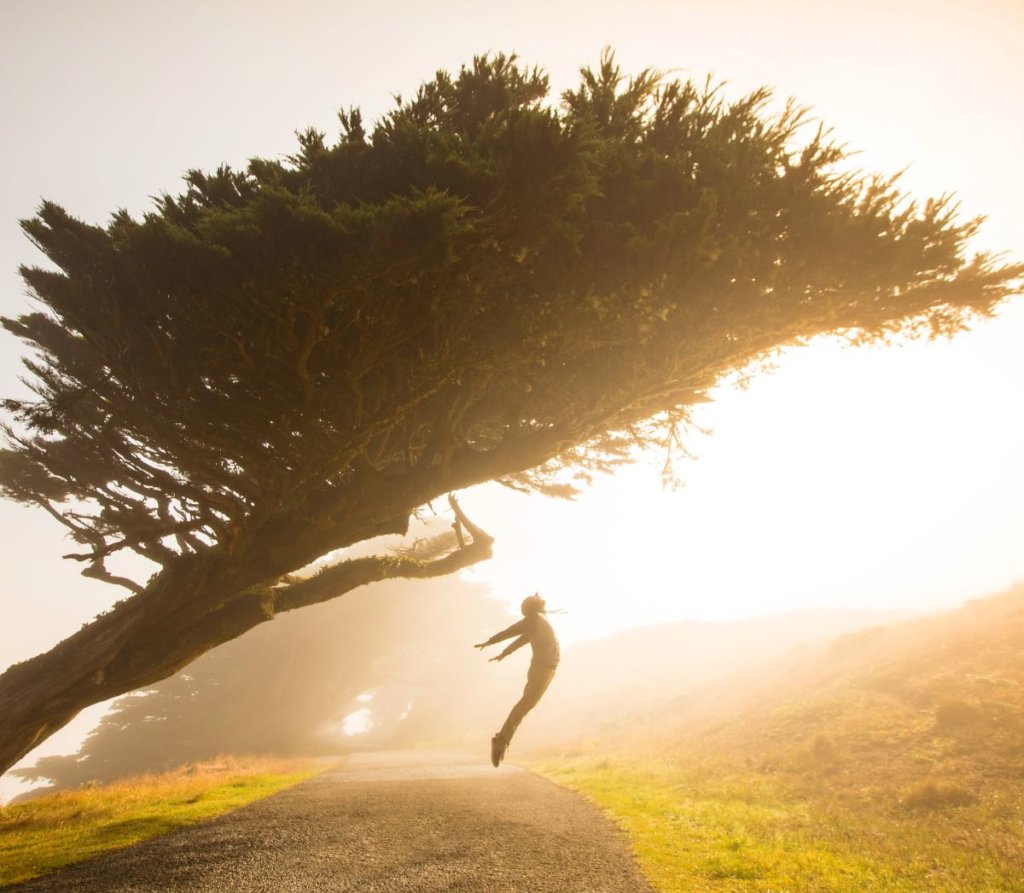
Free like this! Photo by Stephen Leonardi on Unsplash
To bring it back to Passover, I find it telling that when I said to a friend we should sing a melancholy song at our Zoom shabbat gathering, he said Passover isn’t a sad holiday. It’s joyous, it’s about celebrating freedom.
His comment struck me because so often I focus on the melancholy, the struggle, and not the joy. I know it’s premature to celebrate just yet because the pandemic is still affecting our lives – some more than others – but this holiday celebrates hope and courage without omitting the pain.
A quote that I think fits in nicely with the theme of Passover comes from Saint Bartholomew who said, “Many of us spend our whole lives running from feeling with the mistaken belief that you cannot bear the pain. But you have already borne the pain. What you have not done is feel all you are beyond the pain.”
Who are we beyond the pain of our personal and collective Mitzrayim? Who are we on the other side of transformation? Who will we be when we reach the metaphorical promised land? How will we operate? How will the world operate? I’m curious to find out. Passover reminds me of all this – pain and pleasure. But mostly, it reminds me how sweet it is to be free.
I dream of a world where we take heart from our ancestors. A world where we remember their lives – Jewish or not – were filled with not only suffering, but overcoming suffering. A world where we recognize we don’t have to run from pain because we’ve already experienced it countless times. A world where we feel all we are beyond the pain and remember how joyful freedom can be.
Another world is not only possible, it’s probable.
This weekend I had a small taste of what other people have been experiencing for the past year with this pandemic. Serenity, a cat I love and the closest I’ve come to a pet since I moved out of my parents’ house, died. Under normal circumstances, I would have been able to say goodbye to her in person but because of the pandemic, I said goodbye over Facetime.
I’m grateful I had the opportunity to say goodbye at all, but I would have much rather been able to pet her one last time. There are numerous crappy things about this pandemic but the worst, emotionally speaking, is the feeling of being alone. We already know this because we’ve experienced it ourselves, and I’m sure you’ve seen the news articles about the increase in mental health issues such as depression and anxiety during this pandemic. Grief is also something meant to be shared, and ideally in person. Online memorials and the like are better than nothing, but they’re not the same as in-person events.
I keep thinking about an article I read in the Atlantic nearly a month ago detailing Bhutan’s experience during this pandemic. It has me wondering, what would life be like in the U.S. if we followed Bhutan’s example? Would I have been able to say goodbye to Serenity in person?
As of late February, Bhutan only had one death from COVID-19. Not one death that day or week, one death period. Madeline Drexler writes nations like Bhutan, because there are others with low death rates, “offer plenty of lessons, from the importance of attentive leadership, the need to ensure that people have enough provisions and financial means to follow public-health guidance, and the shared understanding that individuals and communities must sacrifice to protect the well-being of all: elements that have been sorely lacking in the U.S.”
However, what struck me the most about the article is that the country made it possible for people to follow public-health guidance by providing economic and social support to those who need to quarantine or isolate. And furthermore, the king of Bhutan explicitly told government leaders that “even one death from COVID-19 would be too much for a small nation that regards itself as a family,” Drexler wrote.
Look, I know Bhutan is smaller than the U.S., that the politics are different, etc., but what would it feel like to have a sense we’re all in this together instead of every person being out for themselves? If the government just says “stay at home” but doesn’t offer support for doing so, we wind up with a situation like we currently have.
What would it be like if we all adopted Bhutan’s worldview that we’re one big family? That it was our responsibility to care for and protect our family members? How would we behave differently? I suspect it would be a much more enjoyable experience for us all.
I dream of a world where we care about ourselves and each other. A world where we recognize our actions have consequences even if they’re not readily apparent. A world where we remember we’re not alone even if it feels that way sometimes. A world where we embrace the idea we are one big family.
Another world is not only possible, it’s probable.
As we enter this new year, I notice I feel pressure to be hopeful and optimistic. Because vaccines are here! And a new president is on his way! And 2020 is officially done! All of that is true, and yet neither the past nor reality change just because we flipped the calendar. We still carry with us everything that came before and much remains unknown. I’m reminded here of the quote by Rilke about living our way into answers. I think we’re all doing that – with the unfolding of every day, every year, we are living our way into answers.
I also want to quote three stanzas from John O’Donohue’s poem “For a New Beginning” because I think it’s relevant as we continue to progress into this new year. He wrote:
In out-of-the-way places of the heart,
Where your thoughts never think to wander,
This beginning has been quietly forming,
Waiting until you were ready to emerge.
…
Though your destination is not yet clear
You can trust the promise of this opening;
Unfurl yourself into the grace of beginning
That is at one with your life’s desire.
Awaken your spirit to adventure;
Hold nothing back, learn to find ease in risk;
Soon you will be home in a new rhythm,
For your soul senses the world that awaits you.
We are finding our new rhythm this year. A year that will continue to challenge all of us because as you know, the pandemic has not ceased. Nor has there been a return to normal just yet. Businesses remained closed or at reduced capacity. We are still encouraged to keep our distance from one another. But I find comfort in O’Donohue’s words as well as Rilke’s as I remember more will be revealed. We will learn how to navigate what waits before us. Furthermore, we will continue to dream our dreams, which I think a new year is always best for. It’s when we envision what we want for ourselves, who we want to be, how we want to feel.
I want to feel better. I want to feel rejuvenated. I want to live in a world that values all people as well as the environment. And I know I’m not alone. There are many people who feel the way I do, which I find encouraging. To add some more oomph, I want to close with a quote from my spiritual teacher who said this back in 1957:
“The purport of dharma [meditation] is to look upon every person, every object of this universe as one integral entity. To jeopardize the unity of the human race by creating factions is not the purpose of dharma. Those who encourage vested interests survive on the mental weaknesses of people and their dissensions, and that is why they are scared of the spread of the ideals of dharma and exhibit their intolerance toward it in all sorts of immoral ways, such as abuse, false propaganda, and lies. People must not be cowed by this; they have got to march ahead. It is to be borne in mind that hindrances are beneficial to human beings on the path of righteousness and to continue to fight against them is what is [their practice].”
Amen to that. Here’s to a year where we continue to fight against injustice, a year where we sow unity over division, a year where we ferret out lies and replace it with truth. A year where we continue to march ahead, a year where we live our way into answers, a year where we build a better world for us all.
Another world is not only possible, it’s probable.
A few weeks ago, I wrote that I feel sad regarding this pandemic. Now instead of sad, I’m angry. I hate this freaking pandemic. I hate that I haven’t been in the presence of another person without a mask in MONTHS. MONTHS. Yes, I’m going on walks with people, yes, I’m doing a lot of socializing virtually, but I just want to sit in the presence of another person and see their whole face. Is that too much to ask?
Frankly, I understand the appeal of the anti-masker, “plandemic” philosophy. It’s much more appealing to believe the pandemic is a completely made up thing that the government created in an effort to control humanity rather than the alternative. Because the alternative is this – not getting together with friends and family for the holidays, not seeing smiles on the faces of people you love, not touching each other. It SUCKS.
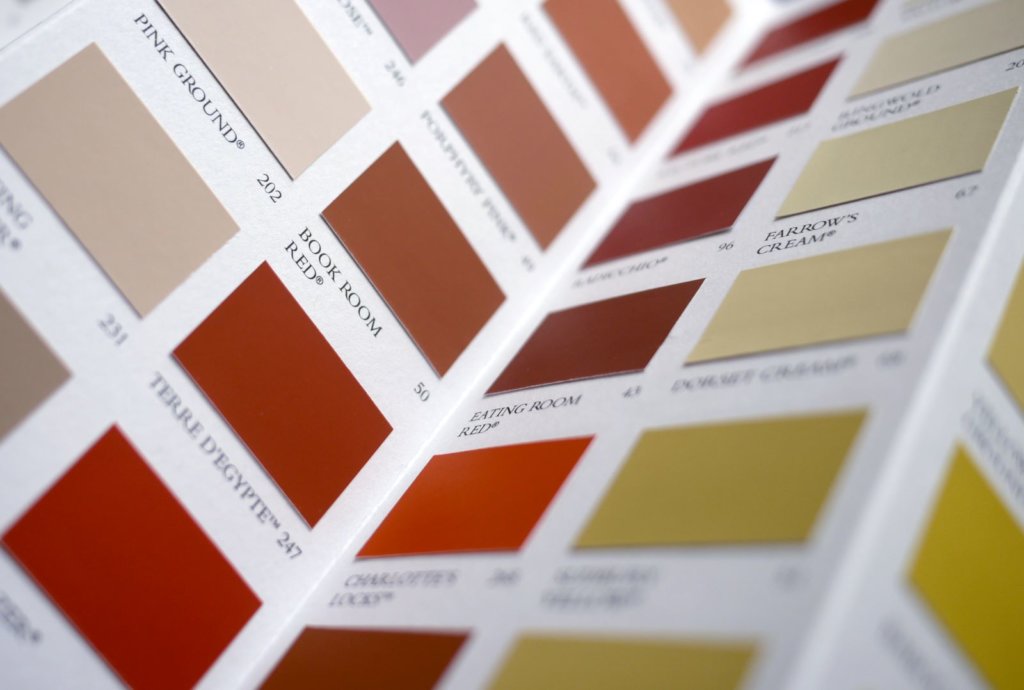
I purposely chose reddish paint swatches. Photo by Brett Jordan on Unsplash
So heck yeah I’d like to pretend none of this is real. Why am I sharing this? Because I ascribe to psychotherapist Michael Eigen’s philosophy. He wrote in his book Feeling Matters:
“As long as feelings are second-class citizens, people will be second-class citizens. Experience is an endangered species. An important function of psychotherapy is to make time for experiencing. Psychic taste buds really exist and rarely rest. They feed us each other, gauge states of being, states of spirit. We taste each other’s feelings and intentions.”
This is me offering up my state of being, my state of spirit. It’s not fun, it’s not pretty, but it’s real. And if anger remains unexpressed, it can turn into depression, which explains how I’ve felt this week watching holiday movies and realizing I will not have any of those experiences. I will not be at a holiday party. I will not be opening gifts with my siblings. I will not have a big indoor dinner with anyone. At first it depressed me but now I’m mad. I’m giving a big middle finger to this pandemic because it deserves it.
At the same time because life is complicated, I’m also grateful for the pandemic. This weekend I organized a Zoom call with the young people in my yoga and meditation group and we had attendees not only from the U.S., but also Mexico, Brazil, Portugal, Italy, Germany, and Denmark. I’m not sure that would have happened if we weren’t forced to socialize over the internet. Similarly, I’m seeing several of my college friends every week as we gather for a virtual Shabbat service. That also wouldn’t have happened without this pandemic.
Life is weird and complicated. And that means I can feel profoundly pissed off as well as profoundly grateful. Both can be true. I think being a fully functional adult means holding the paradox over and over again. It means allowing opposing things to occupy the same place. It means recognizing nuance. It means seeing shades of gray. And it also means creating space for our feelings.
I dream of a world where we express our emotions. A world where we feed our psychic taste buds. A world where we allow ourselves to feel happy and sad and angry and grateful and whatever else arises. Because ultimately we know life is nuanced.
Another world is not only possible, it’s probable.
As people all over the world celebrate, or recently celebrated Passover and Easter, I think about how both of those stories have never felt more relevant. To jog your memory, Passover is the story of Moses, the burning bush, and the 10 commandments. What I want to focus on in this post is the part where Moses commanded the Egyptian Pharaoh of the time to let the enslaved Jews go free and the Pharaoh refused. As retribution, God delivered 10 plagues. I’m not going to relay the whole story (you can read the rest here), but if I had to sum up the story of Passover, it’s about escaping plagues and seeking freedom.
It’s interesting to me the Hebrew word for Egypt, Mitzrayim, also means narrow spaces. I find that especially symbolic right now as we’re all in this global pandemic and under quarantine. We’re in a tight, narrow space, but Passover is the story of moving through that, of fleeing into freedom.
Easter has a similar story of freedom. The way I’ve heard author Glennon Doyle characterize Easter is it’s a story of pain (i.e., the crucifixion), then the waiting (when Jesus was in a cave), and then the rising (when he resurrected). We are collectively in the waiting place, waiting for the rising, metaphorically speaking. We’re also collectively in the tight, narrow space, as we are besieged by the COVID-19 plague.
These holidays remind us of the deep, dark, painful things that happen to us in life, sometimes personally and sometimes in society, as well as the relief from no longer being there. These holidays celebrate the thrill of leaving those narrow spaces behind and being able to roam free. Passover and Easter are holidays that celebrate hope and courage without omitting the pain. We will eventually reach the promised land, so to speak, not without cost, but it will come.
I also think about a quote I repeat regularly from my spiritual teacher who said, “Difficulties can never be greater than your capacity to solve them.” Right now our difficulties may feel insurmountable, but the holidays many of us are celebrating remind us that’s not true. The holidays remind us it can take a while, a long, long while, but eventually liberation happens.
It’s premature to celebrate just yet, but I know it’s coming. That little bit of hope is what keeps me going. I want to know what’s on the other side of all this. Don’t you? How will I be changed and how will society be changed? Right now we don’t know yet because we’re in the middle of the story, but oh my goodness, I can’t wait to find out what’s next.
I dream of a world where we remember no matter what we’re going through, eventually it will pass. A world where we remember we, too, will be liberated from our narrow spaces at some point. A world where we take heart in stories from the past and use them as fuel for the future.
Another world is not only possible, it’s probable.
